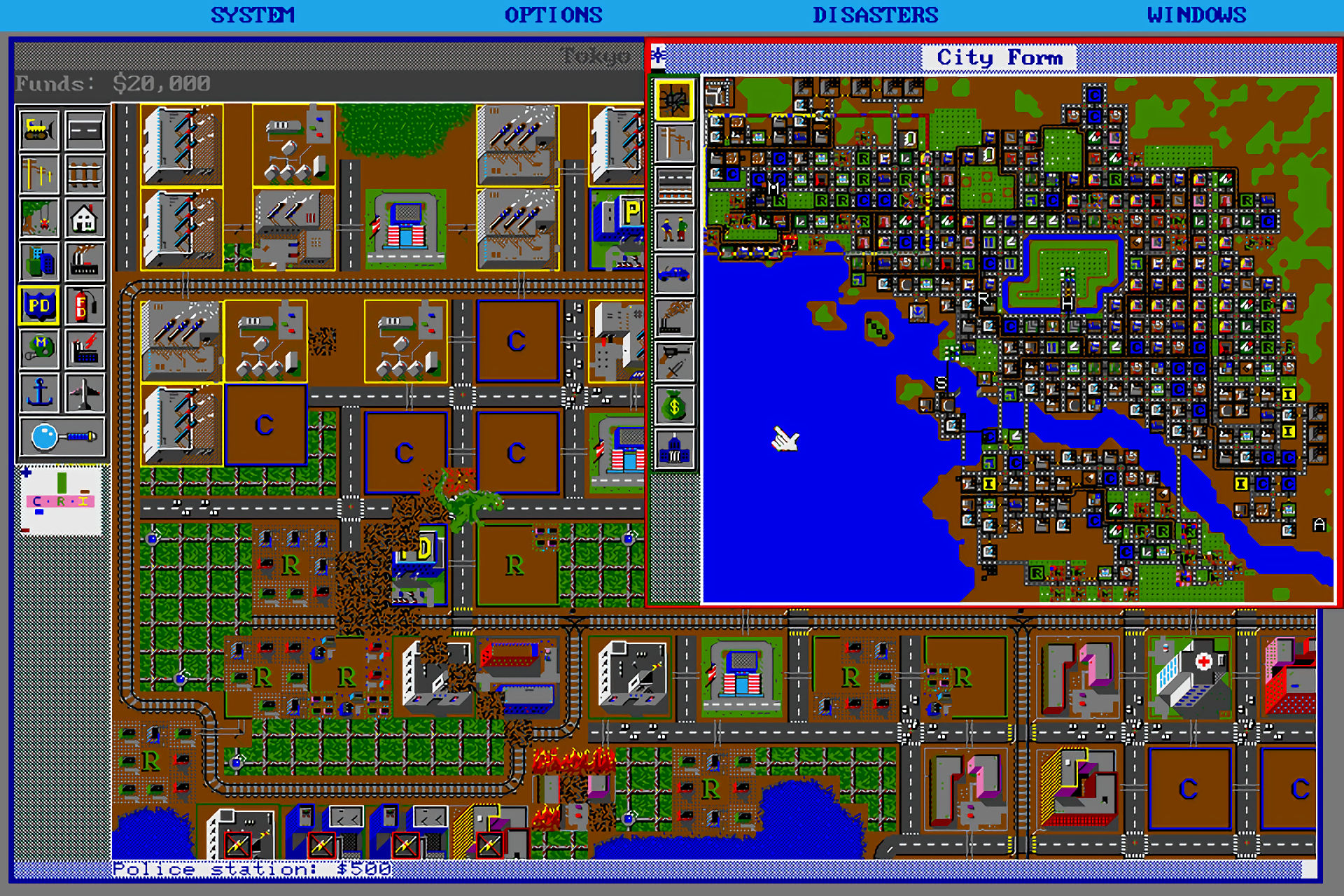As per Imperial decree, I am duty bound to report upon the current status of Carthaginian interests. I reported last time on the flight of the Egyptian army from the deserts of Libya. I can now proceed with the account of Milkherem Tunis’ experiences in Egypt. For the first time in our glorious history, our forces crossed the border into the Egyptian heartland and made for the southern-most Egyptian Settlement of Thebes. Upon crossing the Nile, Tunis’ army was beset by a large force of Egyptians determined to defend their territory. Our scouts had reported on a key weakness in the Egyptian army; their lack of archers. With the blessing of Baal, Tunis decided to meet the Egyptians in battle, despite the numerous foes arrayed against him. The Egyptian Prince, Amasis Auletes was at the head of 1300 troops. They were of mixed composition, featuring a core of Nubian and Nile Spearmen with a supporting wing of mercenary camel-mounted cavalry and Javelinmen.
Tunis had a slight advantage in numbers, but this was to be countered by the appearance of the Thebes Garrison under Meryre numbering 1140. Our first encounter with the Kingdom of Egypt was bloody but brief. Our Spearmen, in equal number to the weaker Nubians marched forth to engage the foe head on whilst our skirmishers secured the right flank and cavalry the left.
Our Javelin armed skirmishers marched forward to confront the heavy chariots which thundered out of the left flank of the Egyptian line. Despite their heroism, our Skirmishers were cut down with ease by the charioteers of Egypt and fled in fear of their lives. Fortunately for our brave soldiers, their flight drew the chariots onto the right flank of our spear armed battle line and the Charioteers were brought crashing down in a mass of broken wood and metal and the bodies of beasts and of men. With the collapse of the enemy left flank they began to waver which was the moment Tunis ordered the cavalry to attack. Perhaps emboldened by stories recounted of fearless Captain Galen’s successes in the west, our cavalry crashed into the right flank of the enemy line and rode down the poorly armed Nubians facing them.
It was a decisive blow, and the Egyptian army began to melt away.
At the sight of the collapsing army of his compatriot, Meryre decided to flee the field of battle back to his concubines in Thebes. In the distance, Milkherem Tunis could see the city of Thebes shining like a jewel in the harsh, unforgiving desert. He would avenge the deaths suffered at the hand of the Egyptians. By Baal, he vowed to sacrifice one hundred of the enemy for each brave Carthaginian life lost in the desert.
The army of Milkherem Tunis fell upon the city of Thebes like the shroud of death! Our infantry used hastily constructed battering rams to sweep aside the meagre wooden wall defending the city. What folly to leave such a tempting target protected only by timber! As the Egyptian populace of the city prayed in their temples and hid in their cellars, every man and boy of fighting age was thrown to the defence. Being no match for our own battle-hardened infantry, the defenders were swept aside in an orgy of blood and Milkherem marched into the city square and demanded the head of the Governor.
Like the true believer he is, Milkherem made good on his vow, and ten thousand Egyptians were put to the sword in a terrifying display of savagery. The hunger of the Gods was sated that day.
As the Egyptians recoiled from the loss of Thebes and drew their forces back to Memphis to defend their Capital, Carthalo Sabrata took advantage of the confusion in the Egyptian army and marched his men north along the border between Egypt and Libya and into the Nile Delta. Carthalo had been given the honour of capturing the Egyptian’s major sea port of Alexandria to enable fresh reinforcements to arrive from Crete and to deny the Egyptians their life blood. It is well known throughout the world that the port of Alexandria, over-looked as it is by the Pharos, brings wealth to the Egyptians in unlimited quantities. The result of victory at Alexandria would be two fold; it would allow us to open trade routes with the Greek colonies on the Anatolian Peninsula and deny the Egyptians the same.
Despite the imposing walls built by the Pharaoh to prevent the capture of the city, our engineers constructed ingenious devices to overcome them. Captains Zimrada and Jubal volunteered to use the siege towers to scale the walls and capture the gatehouse. They were met by contingents of brutal Egyptian axemen but through sheer willpower and skill-at-arms were able to dispatch the defenders and throw open the gates to allow the rest of our great army to march through and into the city. Street fighting ensued and, unable to bring their numbers to bear, our forces suffered heavy casualties as they pushed into the heart of the city. Eventually the beleaguered defenders were exhausted and the capture of Alexandria was complete.
The Egyptians remain a constant threat. In both Thebes and Alexandria reports arrive daily from our spies of Egyptian plans to recapture their cities, but hemmed in from both the north and south and with further forces arriving from the sea, the death-knell of Egypt has sounded. In our newly captured cities, engineers work tirelessly on the construction of war-machines which will be used to break the walls of Memphis, and with them the heart of the Egyptian Kingdom, like an egg.
~
I am also pleased to bring you news of the struggle which right now rages for control of the routes through the Pyrenees. Decorated Hero of the Empire, Captain Galen of the XII Light Cavalry recently made a triumphant return to Osca. Of the four hundred brave souls who made the journey over the mountains, less than a quarter of that number returned. Stories of Galen’s campaign against the barbarians are numerous and have become the stuff of legend. They tell of the rout of 1600 blood-thirsty Britons in the foothills of the Pyrenees, and of the defeat of a similar number of the enemy under the command of the barbarian warlord Manawyddan in the dark forests of Aquitania. Manawyddan, with the support of the heathen Woterix, attacked Galen’s small cavalry force but were pushed back into the wilderness of the forests. Despite this victory and despite Galen’s desire to push forward and take the struggle deeper into enemy territory, his advisors convinced him that the gesture would be a futile one. Losses were high and his men exhausted. A good general knows how to attain victory; a great general knows when victory is impossible.
Galen’s encounters with the barbarians have shown that they lack the heart to fight a determined foe. They are primitive and lack our expertise in engineering and waging war. They shall succumb to Carthaginian martial power. All of Spain has been issued with an order to raise great armies to take the fight over the mountains and into Europe. The path to Narbo Martius and Lemonum lies clear. We only need a few souls brave enough to walk it…
Your Servant, Callimachus of Cyrene



